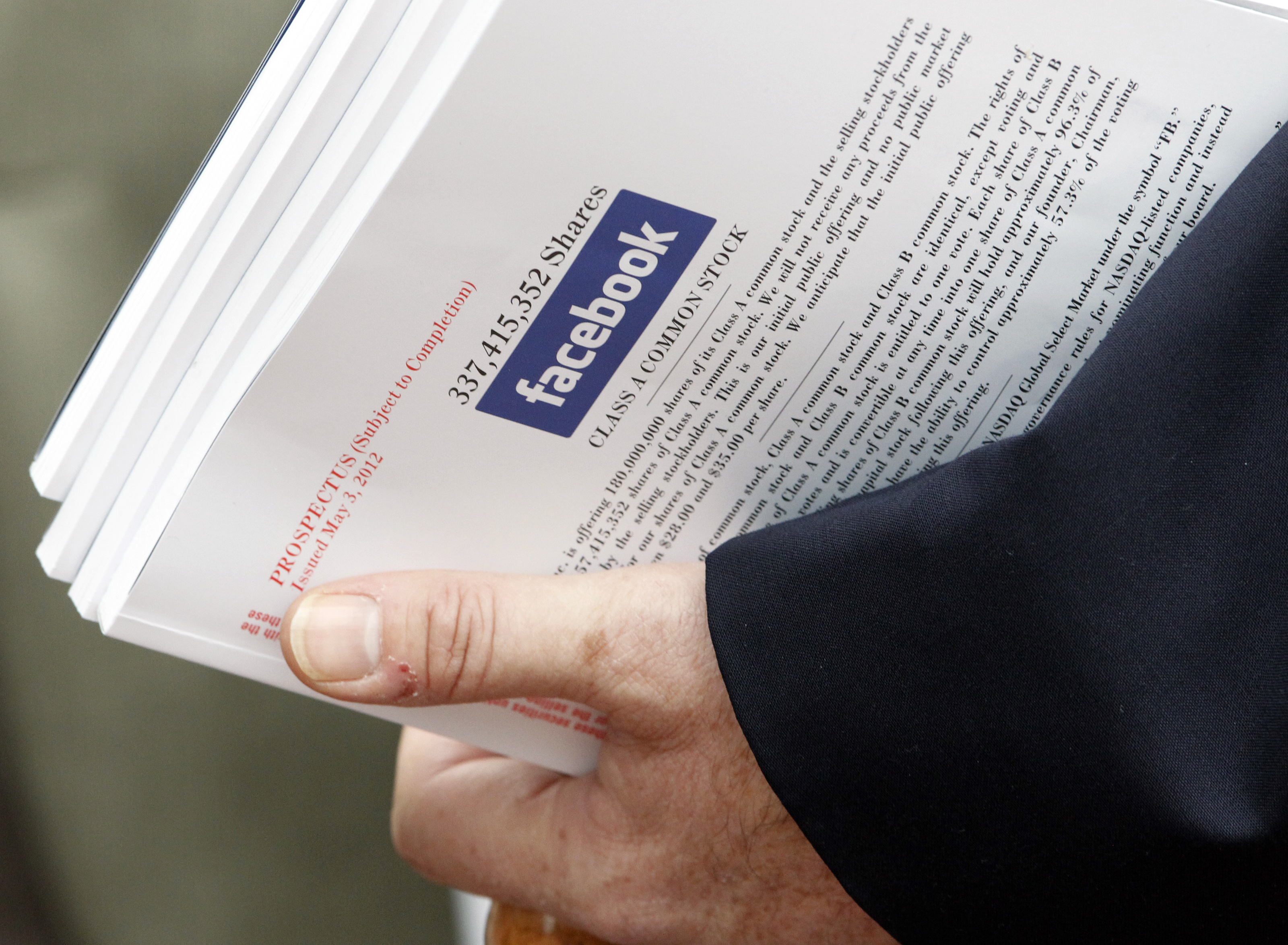Banks play catch-up on social networks

Swiss banks are behind the times when it comes to social media according to a new study. In comparison with banks outside Switzerland, many have only cautiously taken up using digital networks.
Researchers at financial comparison site, moneyland.ch, used publicly available information on 20 Swiss banks’ use of social media and awarded points based on their usage and interaction on different sites.
They then compared this to their assessments of 50 banks abroad. On average, Swiss banks totted up 45% of the maximum points total, compared with an average of 69% for foreign banks.
Facebook came out as the site that Swiss banks made the best use of, followed by Twitter, YouTube, LinkedIn and Google+. In comparison, financial institutions outside Switzerland made better use of Twitter overall, followed by Facebook.
In the international study, Commonwealth Bank in Australia and Bank of America made up the top two.
Strong content alongside a high level of interaction were the desirable qualities.
“All companies should listen to what’s going on in social media, because your business might become a topic in social media channels. It’s important for you to know, to feel the atmosphere in [these] channels,” social media expert Philippe Wampfler told swissinfo.ch
Wampfler added that although building up a level of personal trust is often an aim of companies such as banks, online interactions might not be the best way to do it. “There are many people who do not think that social media is a serious conversation. If you want to have an image as a really serious company, it might not be ideal to use social media to do that,” Wampfler said.
Getting answers
Benjamin Manz, director of the website which put together the figures, argued that in an increasingly digital world, new media plays an important role for customers. “Banking clients want to be heard … they need to be taken seriously by the banks … they don’t want to wait a week for the bank to respond, they want a response immediately.”
Credit Suisse, then PostFinance followed by online bank Swissquote and UBS were the top four scoring Swiss banks in this analysis.
“The large companies, especially the banks, they are really careful in developing strategies and then going public once they know how to do it and what to do on social media platforms, and what kind of dialogue they want to have with customers,” Wampfler told swissinfo.ch.
Credit Suisse have included social media in their general communications strategy since 2009. While Twitter is mainly used by the bank to give out news and information, they try to use Facebook in a different way, according to Valeria Ancarani, of the communications team.
“We see potential for focused interaction, for example in talent recruitment,” said Ancarani, adding they would like to post more job opportunities on Facebook and make more information available about internships.
Showing a personal face behind a corporate image is another possible use of the technology, as in this tweet from the bank:
#EmployeeProfileExternal link: Come rain or shine Cornelia can be found in a boat on Lake #ZurichExternal link most days of the year: http://t.co/nxwIOvVtgTExternal link #rowingExternal link
— Credit Suisse (@CreditSuisse) September 26, 2013External linkUBS, which came fourth among Swiss banks for their social media strategy, uses different sites including Twitter to give out news but has also responded personally to questions in tweets.
One person asked about a new poster advertising e-banking at the Zurich main railway station. He wondered when the service would go live, since he had not yet seen anything about it on the bank’s homepage.
To the question, the bank replies: “The new UBS e-banking will be rolled-out gradually from mid-November”.
@dnydeggerExternal link: Das neue UBS e-banking wird ab Mitte November schrittweise ausgerollt.
— UBS Schweiz (@UBSschweiz) November 4, 2013External linkWhile Facebook and Twitter were judged as the most important sites in the study, YouTube and LinkedIn were seen to be of secondary importance.
“Normally, financial institutions … aren’t that sexy,” said Mark Andrey, media spokesperson for PostFinance. He believes it’s tough for banks to use YouTube successfully.
“We have accounts and we have e-banking. It’s not like Apple, Google or ebay. If we have something to say or to show on YouTube then we use it, but for a bank it’s not easy to find something to communicate on this channel.”
Ranked second among Swiss banks for their use of digital media, PostFinance uses the video platform to show off products they regard as particularly innovative.
Swissquote is an online trading bank, which hosts an internet forum on its website for people to discuss shares, stocks and other finance-related topics.
They are currently working on putting a specific social media strategy in place, but have already been making use of some social networks for a particular purpose.
#EURExternal link eases on rumors that #ECBExternal link may go for a quantitative easing. No detailed discussion. EURUSD below 1.3500. #fxExternal link #forexExternal link
— Swissquote Forex (@Swissquote_en) November 19, 2013External link“We want to provide market information as it’s important to the trading activities of our clients that they have important information in real time. For example, our research and analyst team is using Twitter. They regularly inform followers about news,” Swissquote community manager Manuela Schär told swissinfo.ch
“We have to know on which channel we communicate best with our target group and where they are active,” she added.
Who benefits?
“Banks have the possibility to communicate actively with consumers through the social media channels, to strengthen their brands, to create product service and finally to better understand the clients,” Manz told swissinfo.ch.
He added: “Digital media does not only serve just to inform users but also enables reputation building and the acquisition of new clients.”
But does this come at a cost for customers who share more marketable information about themselves with every public tweet, comment or like?
Wampfeln believes companies, as opposed to individuals, are the real winners on social media, as they receive specific feedback and they have a chance to show how much they care.
“For the customers, it’s oftentimes just like complaining in public; it might seem like you get faster results but that’s not a big difference in my opinion. Complain over the phone or complain on Twitter…the result you get is basically the same, it might just be a bit faster if you do it on social media.”

In compliance with the JTI standards
More: SWI swissinfo.ch certified by the Journalism Trust Initiative



You can find an overview of ongoing debates with our journalists here. Please join us!
If you want to start a conversation about a topic raised in this article or want to report factual errors, email us at english@swissinfo.ch.